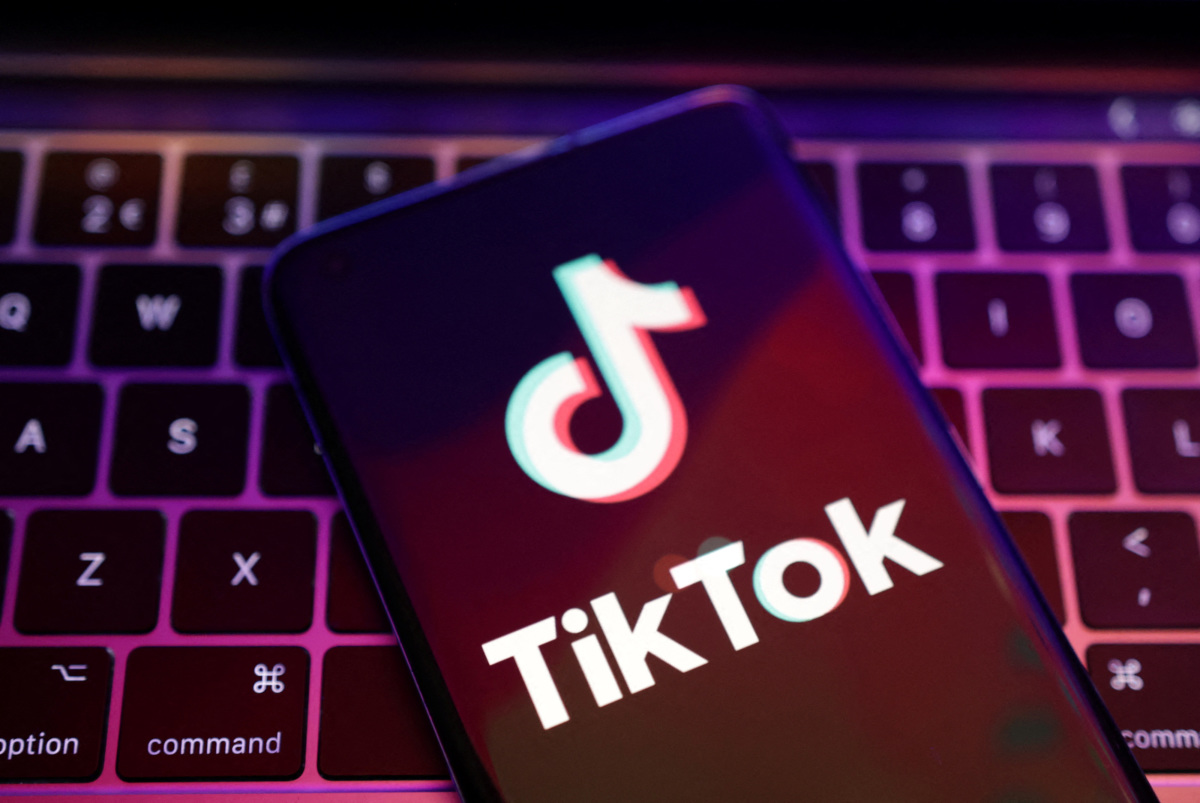Chinese internet technology company ByteDance, which is known for developing TikTok, has reportedly been using UK news sites to train its ChatGPT competitor called ByteSpider without paying these websites or acquiring proper permission from them.
ByteDance has been accused of operating a bot that has been targeting renowned publishers such as The Guardian, Daily Mail and The Telegraph.
According to the Beijing-based tech giant, its AI bot ByteSpider is used for “search optimisation” purposes. However, news organisations have raised concerns about copyright infringement, suggesting AI companies are using their articles to train their chatbots without permission.
Particularly, publishers have brought up an issue related to ByteDance’s lack of transparency, according to a report by The Telegraph. Apparently, they are struggling to block ByteSpider.
Being hammered by Bytedance/ByteSpider for days now. Creating thousands and thousands of nuisance pageviews and API calls across my sites. Finally got around to blocking them ✅
— semsarah (@semsarah) July 21, 2023
It is worth noting that the BBC, The Guardian, The New York Times and CNN have blocked OpenAI, the company behind ChatGPT, from detecting their sites due to copyright concerns.
Notably, media outlets use “robots.txt” files to instruct web crawlers about which parts of the site AI tools are allowed to visit. While Bytespider allegedly doesn’t bypass robots.txt files, the exact code required to activate the block is still unknown.
TikTok owner “scraping” UK news sites to train ChatGPT rival.
Bytedance’s bot has reportedly been accused of targeting publishers including the Guardian and the Daily Mail.https://t.co/GJeskVEXyr— Extrema Ratio (@ExtremaRatio4) December 13, 2023
Chief executive of the News Media Association Owen Meredith said: “This is another demonstration of how big tech companies exploit the IP of creators and rights holders to take their content and extract value without permission, notification or transparency.”
Meredith went on to describe this as an unacceptable “wholesale theft of their content”.
ByteDance set to enter the AI space
The word on the street is that ByteDance is gearing up to make its foray into the booming AI space and follow in the footsteps of US-based tech giants like Google, Microsoft and OpenAI.
In line with this, the Chinese company is reportedly developing an open platform that can allow users to create their own chatbot.
Referring to the inquiry into AI led by the House of Lords, which alludes to the upper house of the Parliament of the UK, The Guardian said the lack of transparency is the reason why publishers should have the option to opt out of web scraping, rather than being forced to opt-out.
According to Industry sources, the Independent and local news publishers including the National World and Tindal have reported similar suspicious bot activity.
News outlets and other creative organisations have previously raised concerns about tech giants using intellectual property without permission. For instance, a group of writers including “Game of Thrones” novelist George RR Martin accused OpenAI of a “systematic theft” on a mass scale earlier this year.
Similarly, The Daily Mail is preparing for a legal battle with Google, accusing the search giant of using thousands of its online news stories to train the Bard AI chatbot. Tech companies, on the other hand, claim their use of copyrighted material is under the fair use clause.
In fact, Microsoft believes it shouldn’t be held accountable if the end-user uses an AI tool like Copilot to infringe on copyrighted material.







